Millions of people in the United States depend on Social Security payments every month. These payments are a lifeline for many retired individuals and people living with disabilities. For some families, this money is the only income they have, helping them cover basic needs like rent, groceries, and healthcare.
But what happens when that payment doesn’t arrive? It can cause serious problems. Without that money, it becomes hard to manage daily expenses. That’s why it’s important to know why Social Security payments may stop—and what you can do to start them again.
Common Reasons Why Social Security Payments Are Stopped
Social Security payments don’t usually stop without a reason. In most cases, the issue is not an error but something that has changed in the person’s life or situation. Here are the most common reasons why payments may be paused:
The Recipient Has Passed Away
If the person who was getting the Social Security benefits dies, the Social Security Administration (SSA) stops the payments as soon as they are informed.
Disability Beneficiaries Start Working Again
If a person receiving disability benefits goes back to work and earns more than the allowed amount, the SSA may stop the payments. The idea is that if you’re earning enough, you may no longer qualify as disabled under their rules.
Living Outside the U.S. for Too Long
If someone receiving Supplemental Security Income (SSI) stays outside the U.S. for more than 30 days in a row, they could lose their monthly payments temporarily.
Changes in Family Situation
Marriage, divorce, or the death of a dependent can affect your payment status. Any major change in your family life should be reported to the SSA, or your benefits may be paused.
Earning or Saving Too Much
For people on SSI, your income and resources must stay under a certain limit. If you earn more money or your savings go above the limit, your benefits might stop.
Not Responding to SSA Letters
Sometimes the SSA sends letters asking for updated information. If you ignore or delay replying, they might stop your payments until they get the documents they need.
These issues can usually be fixed, but you need to act quickly. Keeping your records updated and informing the SSA of any life changes can help avoid payment problems.
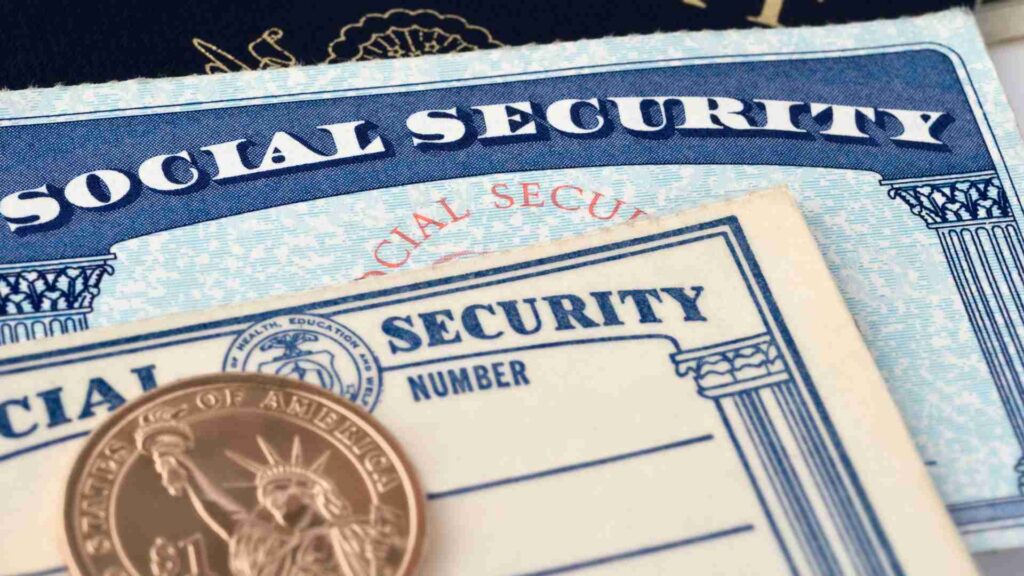
What to Do If Your Payments Have Stopped
If your Social Security payment has been stopped, don’t panic. You can get it restarted. The first thing you should do is contact your local Social Security office. They can tell you the exact reason your payments were stopped and what you need to do next.
Fixing Document or Paperwork Problems
If your payment stopped because of missing documents or a medical update, simply submit the needed forms or medical reports. Once the SSA reviews your documents, your payments might start again—and you may even get the money you missed.
For Disability Benefits
If you’re receiving disability payments and they stopped, updated medical records can help prove that you still qualify. Include doctor’s notes, medical tests, and specialist reports to support your case.
Filing an Appeal
If you think your payment was stopped unfairly, you can file an appeal. This means a judge will review your situation and decide if your benefits should continue. It can take some time, but it gives you a chance to be heard.
Important Things to Remember
In 2025, the highest disability payment is $4,018 per month, but not everyone receives that much. The amount depends on your past earnings and your personal case.
To protect your benefits, always keep your personal and medical information updated. Save every letter, document, and report you get from the SSA. If anything goes wrong, having these records makes it easier to prove that you still deserve the payments.

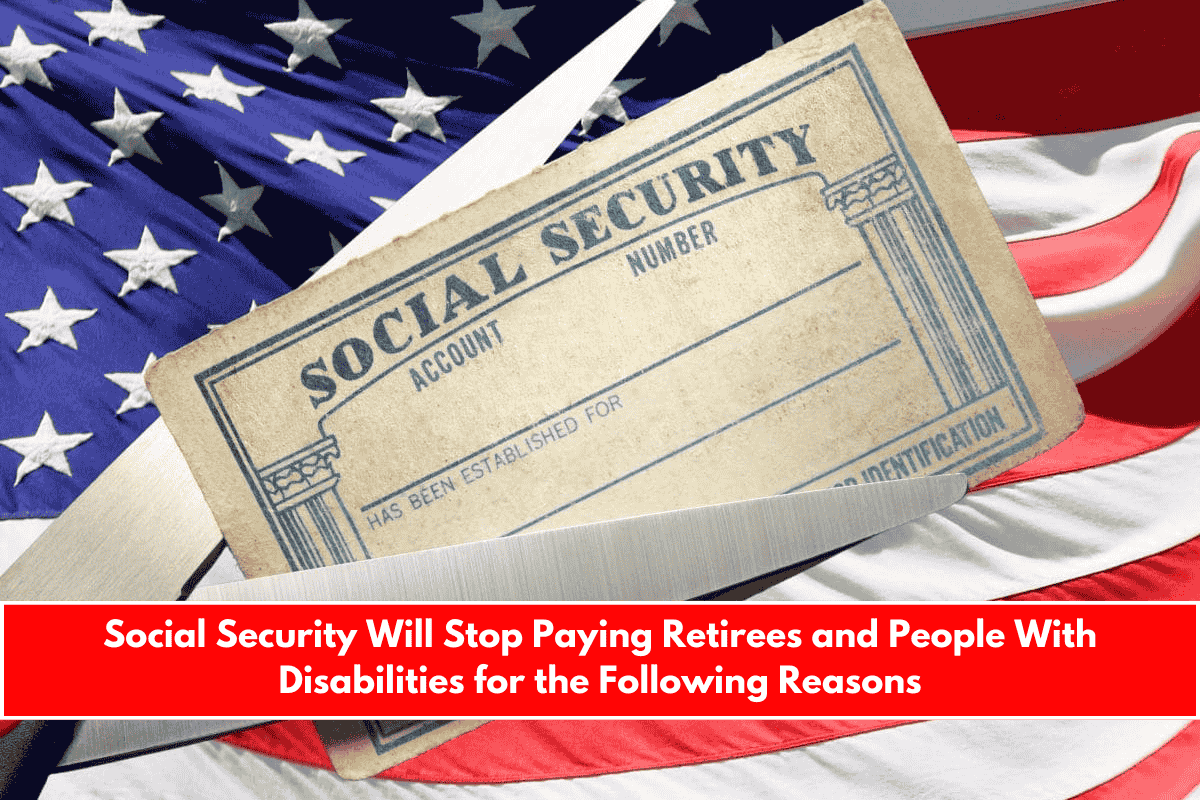
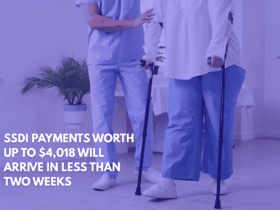




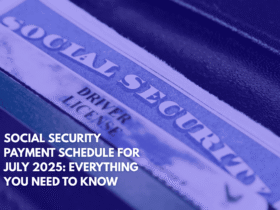
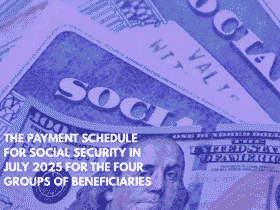
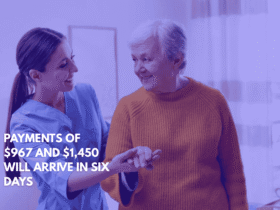
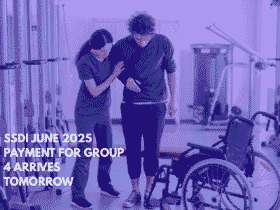
Leave a Reply